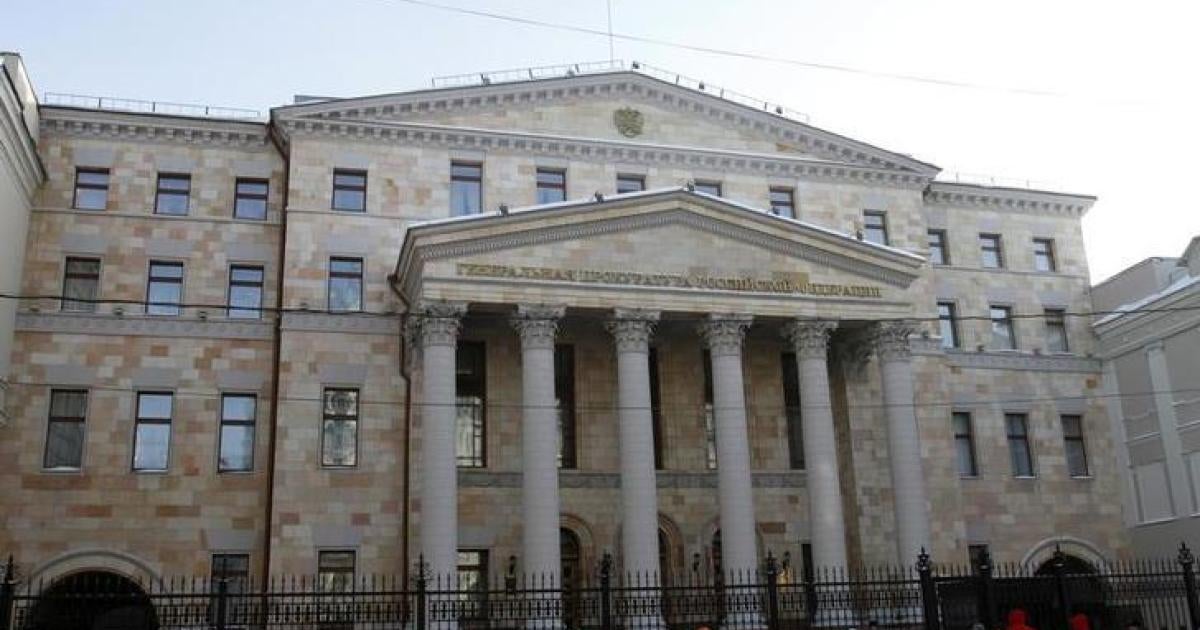(Berlin, November 28, 2025) – Russia’s designation of Human Rights Watch as an “undesirable” foreign organization, made public by the Ministry of Justice on November 28, is yet another mark of the Kremlin’s repression, Human Rights Watch said today. The designation bans the organization’s work in Russia.
“For over three decades, Human Rights Watch’s work on post-Soviet Russia has pressed the government to uphold human rights and freedoms,” said Philippe Bolopion, executive director at Human Rights Watch. “Our work hasn’t changed, but what’s changed, dramatically, is the government’s full-throttled embrace of dictatorial policies, its staggering rise in repression, and the scope of the war crimes its forces are committing in Ukraine.”
The Prosecutor General’s Office made the decision to ban Human Rights Watch on November 10, as follows from the Ministry of Justice’s register of “undesirable” organizations updated today. The official reasons for the designation are not known.
In 2022, six weeks after Russia initiated its full-scale invasion of Ukraine, Russian authorities revoked the registration for the Human Rights Watch Moscow office, which had operated in Russia since 1992. The office had to shut down as a result, but our work continued. Human Rights Watch started working on Russia in 1978, during the Soviet era.
The law on “undesirable” organizations is one of the most powerful tools in the arsenal of repressive laws Russian authorities have adopted in recent years to silence all criticism of the government and incapacitate independent civic organizations.
Under Russia’s 2015 legislation, the prosecutor’s office can designate as “undesirable” any foreign or international organization that allegedly undermines Russia’s security, defense, or constitutional order. “Undesirable” organizations and their materials are banned in Russia. Individuals who continue to engage with these organizations, either in Russia or abroad, may face administrative and criminal penalties, including a maximum six-year prison sentence. The authorities interpret “engagement” widely and arbitrarily.
In 2021, Andrei Pivovarov, a political activist, received a four-year prison sentence for social media posts which the authorities said promoted Open Russia, a political opposition movement designated “undesirable.” Russian authorities released and expelled him from the country in 2024. In May 2025, a Moscow court sentenced a prominent Russian rights defender and election monitor, Grigory Melkonyants, to five years in prison after authorities wrongly equated the Russian election monitoring group Golos with the European Network of Election Monitoring Organizations, designated “undesirable” in 2021.
The Political Prisoners Project of Memorial, a leading Russian rights group, recognized both activists as political prisoners.
Russian authorities have designated at least 280 organizations as “undesirable,” and courts have issued administrative and criminal sentences, including in absentia, against hundreds of individuals. Among those designated undesirable are prominent civil society foundations, human rights groups, environmental organizations, and leading Russian independent media, many of whose members and staff had to leave the country and reestablish elsewhere as foreign entities to continue their work.
Since its adoption, international human rights bodies and experts have repeatedly criticized the “undesirable organizations” legislation, including the UN High Commissioner for Human Rights, a rapporteur for the Organization for Security and Cooperation in Europe (OSCE), and the Venice Commission, an advisory body to the Council of Europe. The UN Human Rights Committee, which interprets the International Covenant on Civil and Political Rights, and the UN special rapporteur on Russia urged Russian authorities to revise or repeal it.
“Designating rights groups undesirable is brazen and cynical,” Bolopion said. “It only redoubles our determination to document the Russian authorities’ human rights violations and war crimes, and ensure that those responsible are held accountable.”



